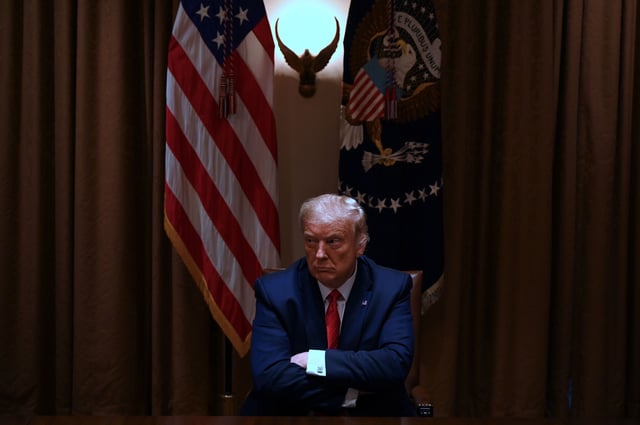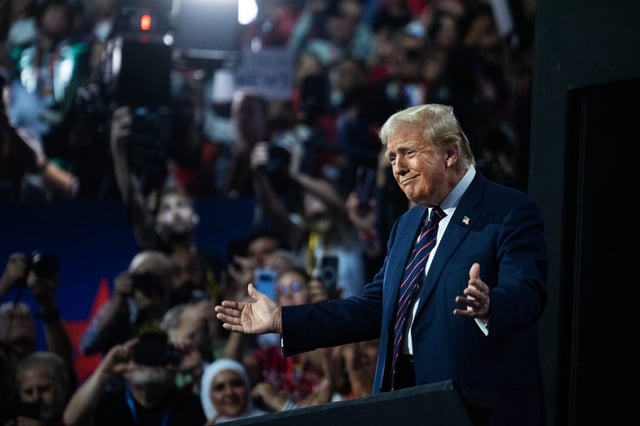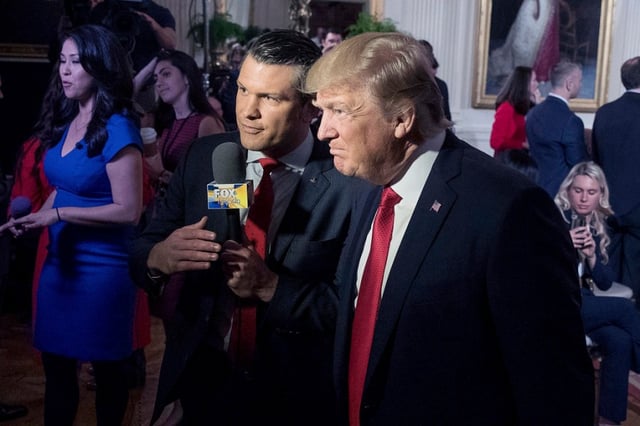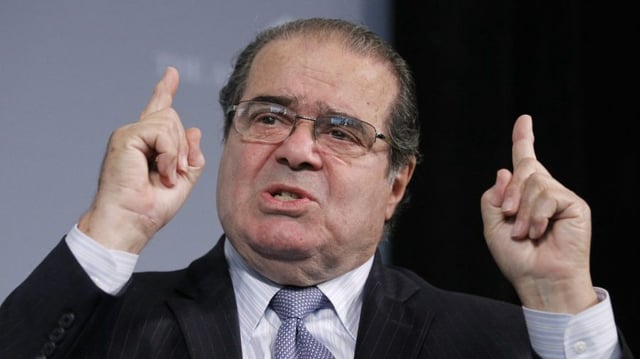Overview
- President-elect Donald Trump is considering using recess appointments to install Cabinet nominees who may face difficulty securing Senate confirmation.
- Recess appointments allow the president to temporarily fill vacancies without Senate approval if Congress is in recess for at least 10 days, as clarified by a 2014 Supreme Court ruling.
- Trump has suggested invoking an untested constitutional power to adjourn Congress if the House and Senate disagree on a recess timeline, though legal experts warn this would likely face immediate challenges in court.
- The Supreme Court, including a conservative majority, has previously taken a narrow view of recess appointment powers, with justices signaling skepticism toward broad interpretations of executive authority in similar cases.
- Republican senators are divided on supporting recess appointments, with some expressing reluctance to cede their constitutional role in confirmations, while others cite precedent from past administrations.



